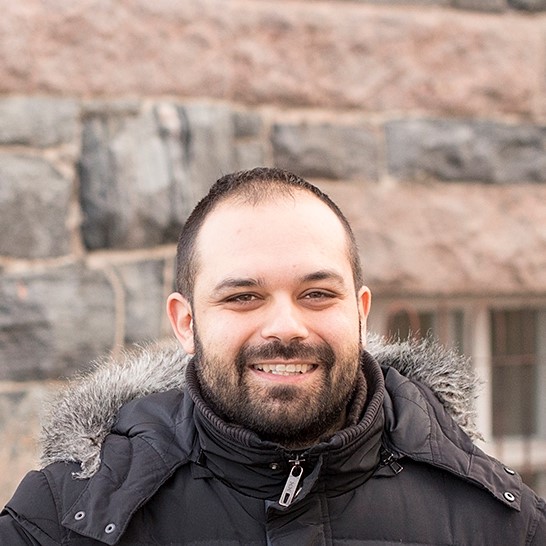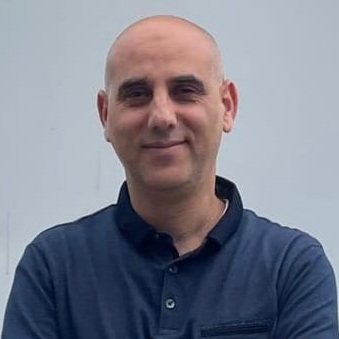Keynote Speakers of ICCSM 2026

Prof. Giuseppe Ritella
University of Bari, Italy
Giuseppe Ritella is an Associate Professor of Developmental and Educational Psychology at the University of Campania “Luigi Vanvitelli”. His research, grounded in dialogic and socio-cultural theories, investigates collaborative processes within technology-mediated learning. He focuses on the socio-material, emotional, and cultural dimensions of innovative educational practices and hybrid learning environments.

Prof. Samir Ouchani
CESI LINEACT, France
Samir Ouchani is a Research Director at CESI LINEACT (Aix-en-Provence, France), where he leads research activities on resilient and secure smart software systems. He received his PhD in Computer Science from Concordia University (Canada) in 2013 and his Habilitation à Diriger des Recherches (HDR) from CNAM Paris in 2022. Since March 2023, he has been qualified for the position of Professor of Universities (Section 27 – Computer Science). His research lies at the intersection of software engineering, cybersecurity, and artificial intelligence, with a particular focus on engineering systems that remain safe, resilient, and trustworthy despite distribution, autonomy, and learning-based behavior. His contributions notably include resilient federated learning architectures, robust aggregation and client selection mechanisms, runtime supervision, and AI-assisted software engineering for remediation and system evolution. In parallel, he plays a leading role in academic leadership and international scientific service, serving as Program Chair or Track Chair for several international conferences and as a regular reviewer for top-tier journals and conferences in software engineering, cybersecurity, and smart systems. He is also frequently solicited as an expert evaluator for funding agencies and competitive research calls, contributing to the assessment of large-scale scientific and innovation projects. His research activity is characterized by sustained and high-impact scientific production, with more than 100 peer-reviewed journal and conference publications in leading venues. He has supervised or co-supervised seven PhD projects, mentored early-career researchers, and coordinated over fifteen research and industrial internship projects, often in close collaboration with academic and industrial partners. Through these activities, he actively contributes to the structuring of the international research community and to the advancement of Software Engineering for Resilient and Trustworthy Smart Systems, grounded in architectural rigor, AI-assisted engineering practices, and continuous runtime assurance.
